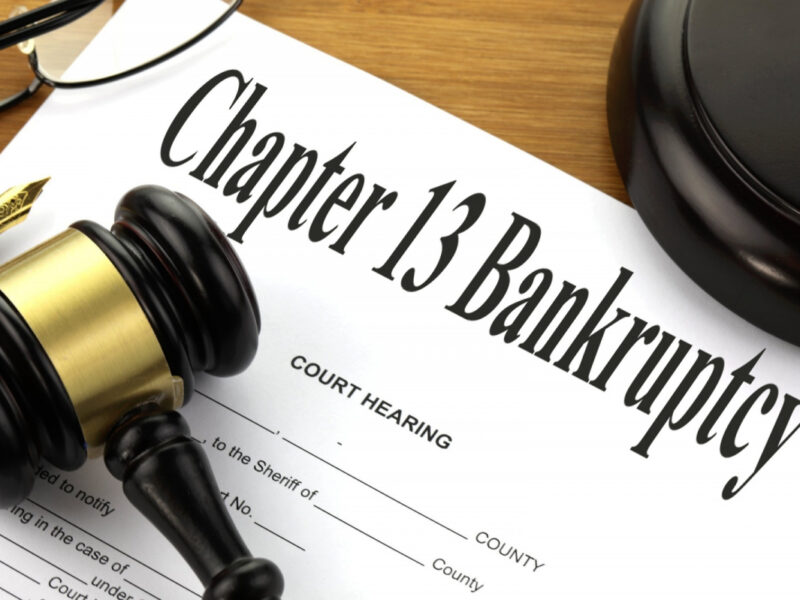In Seaport v Burden, a 6th Circuit case from 2012, the Court held that Chapter 13 of the Bankruptcy Code permits individuals with regular income can keep their property if they agree to a court-approved plan to pay creditors out of their future “disposable income.
The Code requires, however, that a Chapter 13 plan can be confirmed only if the debtor contributes “all … projected disposable income., to the plan.”
The question answered by the Court is whether income that becomes available after the debtors have fully repaid their 40l(k) loans is “Projected Disposable Income” or whether that income can be used to begin making voluntary contributions to the debtors’ 401(k) plans.
We hold that post-petition income that becomes available to debtors after their 40l(k) loans are fully repaid is “Projected Disposable Income” that must be turned over to the trustee for distribution to unsecured creditors and may not be used to fund voluntary 40l(k) plans.
